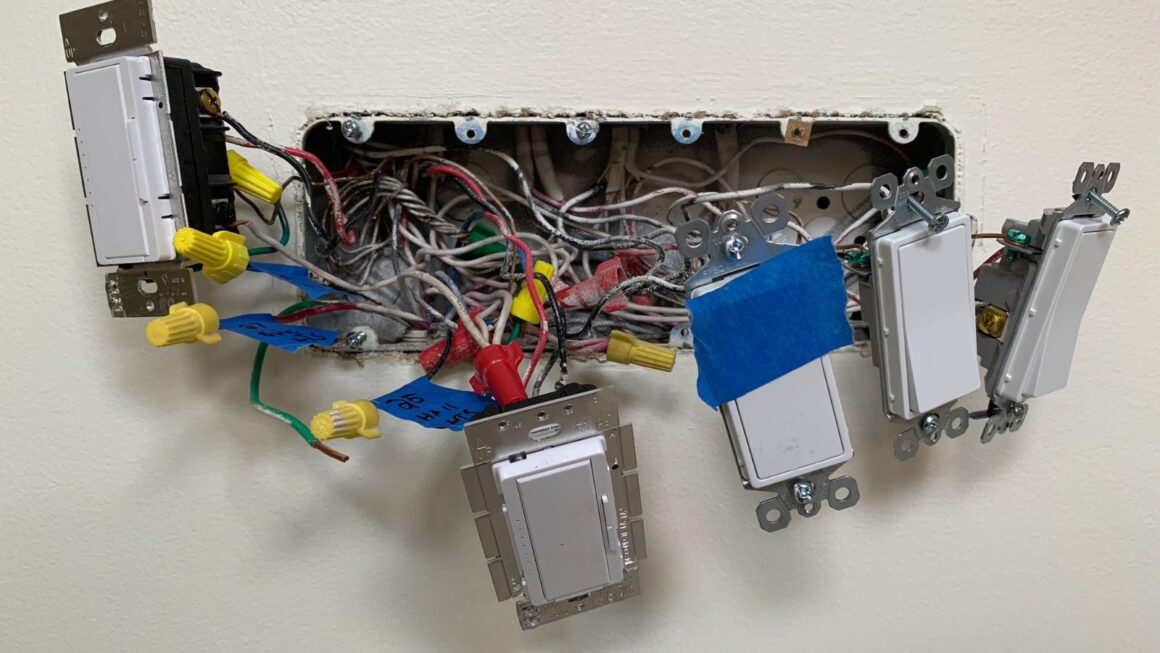Negative thought patterns, also known as cognitive distortions, can lead to other problems like stress, low self-esteem, depression, and social anxiety. They can manifest as unrealistic self-criticism, incorrect assumptions, or even complete denial of reality. Learning how to recognize such patterns and break the cycle of negative thoughts is crucial for your mental and emotional well-being, and that is exactly what this article will help you with.
What Causes Negative Thoughts?
It seems like human beings sometimes focus strictly on the negative aspects of existence, and there are several theories behind this. Throughout evolution, there has always been a need to fight and survive. Violence and terror have also been parts of modern history, and even today’s media frequently glorifies conflict.
However, there is no sure way to pinpoint the main cause of negative thinking, as it comes from various dynamic factors. The primary driver is different for each individual, and the factors include the person’s current mental health situation, their personal history, and their triggers.
How to Recognize Damaging Patterns?
Even though negative thinking patterns differ in certain ways, they all have one thing in common, and that is the involvement of irrational ways of looking at people and situations, as well as other distortions of reality.
Some of the most common examples of these damaging thinking loops include negatively labeling oneself, jumping to conclusions, overgeneralization, emotional reasoning, catastrophizing, and exaggerated personalization that leads to blame.
Ways to Break Free from Negative Thinking
Regardless of the root of the negative thoughts you’re experiencing, some of the following strategies might help you break free from their influence:
Practice Meditation
Negative thoughts have the power to shift your perspective and make you feel blue out of nowhere, even though nothing happened. One of the most efficient ways to overcome this feeling lies in the development of skills that can help you overpower the mind through regular meditation.

If you notice that your thoughts are frequently out of control, it is a sign of too much activity in your left brain. Through meditation, you can stimulate your right brain side and thus reduce the amount of toxic thoughts.
Take Action
Instead of staying indoors, trapped in a loop of your thoughts, get into the habit of going out of your home and interacting with others. Take a stroll around the neighborhood while listening to music you like, invite a friend for a relaxing slow jogging session, or even try joining a group sports activity.
Whatever you choose, make sure you get a little bit of sunshine each day, especially during those gloomy, cold months. People now spend more time indoors than ever before, missing out on the beauties of the world that surrounds us and can boost the hormones of happiness.
Keep a Journal of Thoughts
Get a notebook where you can document the course of your negative thoughts. Write down the exact thought, and then try to figure out why it occupied your mind. Also, note all the word associations that might go with it. Seeing the patterns organized on paper will help you put things into perspective and know exactly what you’re fighting against.
While you’re at it, help your mind stay real by also creating a gratitude list. Think about all the good things in your life that you are truly grateful for.
Surround Yourself with Positive People
The energy of other people affects the quality of your thoughts, so try to be surrounded by positive individuals as much as possible. Start by asking yourself whether the people and situations around you play a positive or a negative role in your life, and then work on removing yourself from social circles that boost damaging thoughts.

Of course, this does not mean you should stop being there when friends and family are in trouble. Just minimize your exposure to those who spread negativity at all times.
Be Your Own Friend
When negative thoughts strike, we often tell ourselves some pretty unkind things, acting in an extremely self-critical way. But if you stop and think about it, it is probably very unlikely that you would ever communicate so harshly with a friend.
Being kind to others is important, but don’t forget to be kind to yourself, too. Treat yourself the same way you would treat someone else you care deeply about, and offer yourself regular doses of encouragement and positive reinforcement.
Negative thoughts commonly occur among individuals of various ages, and if you develop them frequently, it is crucial to learn how to recognize them and react promptly. The tips listed above are an excellent starting point that can help you feel relieved. However, if things get out of hand, do not hesitate to seek professional help.



